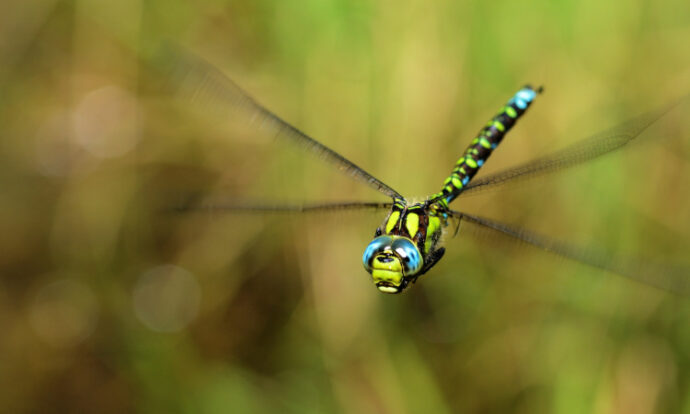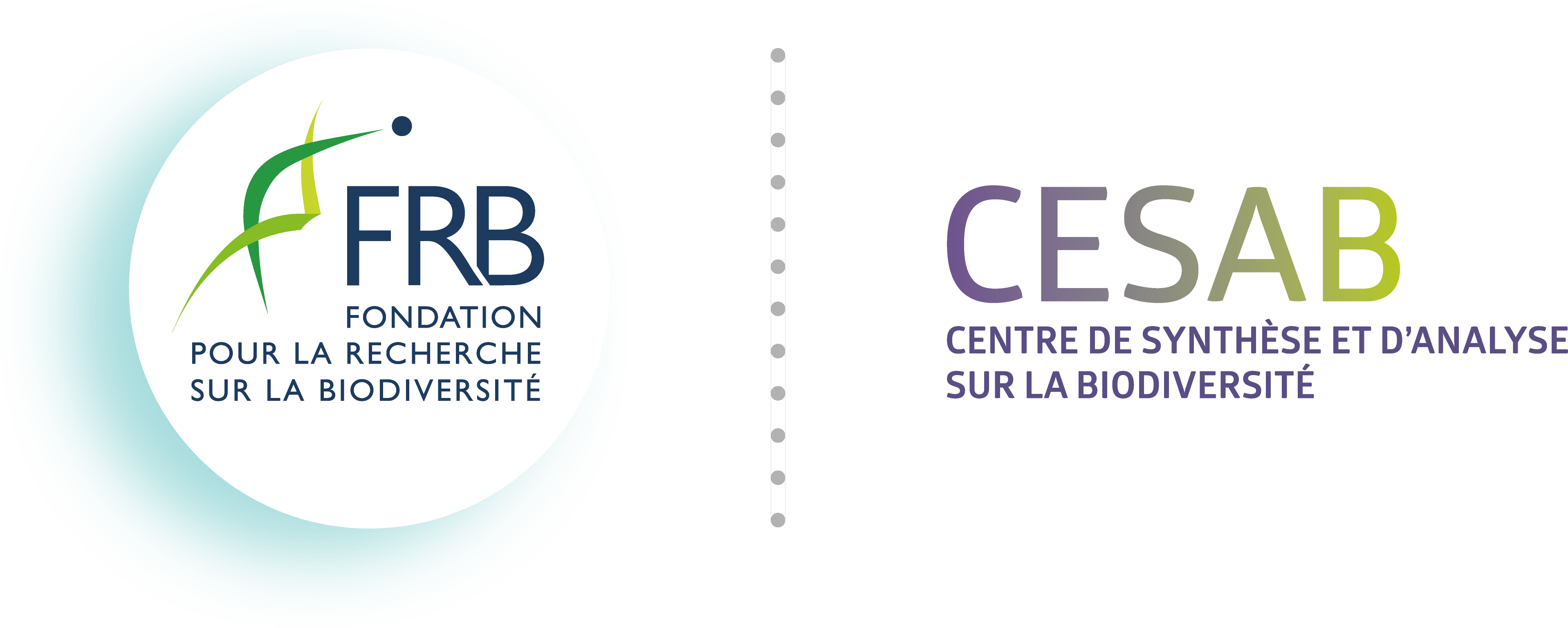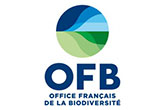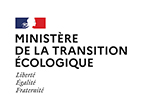DRAGON
Dragonflies as bellwether for the human impact on interface ecosystems
 Aeshne bleue (Aeshna cyanea) © Martin Jeanmougin
Aeshne bleue (Aeshna cyanea) © Martin Jeanmougin The DRAGON project focuses on odonates (dragonflies and damselflies), a charismatic and important but often neglected taxonomic group that provides a unique opportunity to study anthropogenic impacts on interface ecosystems linking terrestrial and freshwater environments. The characteristics of this group make it a good candidate for the development of a new indicators to inform and support environmental management.
The project aims to mobilise and use opportunistic and standardised data on odonates in France and Europe to obtain temporal trends of populations and species distributions at different spatial scales. These trends will then be linked to various anthropogenic pressures such as climate change or land use change, in order to better understand the causes and drivers of change and variations and thereby provide answers to stakeholders working to protect wetlands and habitats at the land-water interface.
Throughout its duration, the project will engage and work in close collaboration with managers and other stakeholders involved in odonates and wetland conservation across France and Europe to enable relevant outcomes and successful implementation of the results.

Principal investigators:
Colin FONTAINE – CNRS (France) ;
Reto SCHMUCKI – UK Centre for Ecology and Hydrology (UK)
The DRAGON project gathers specialists in data synthesis, biodiversity monitoring, community ecology, spatial ecology, environmental changes, biodiversity indicators, citizen science and odonates.
DRAGON was selected from the 2022 FRB/MTE/OFB ‘Impacts’ call for proposals. The selection process was carried out by a committee of independent experts.

